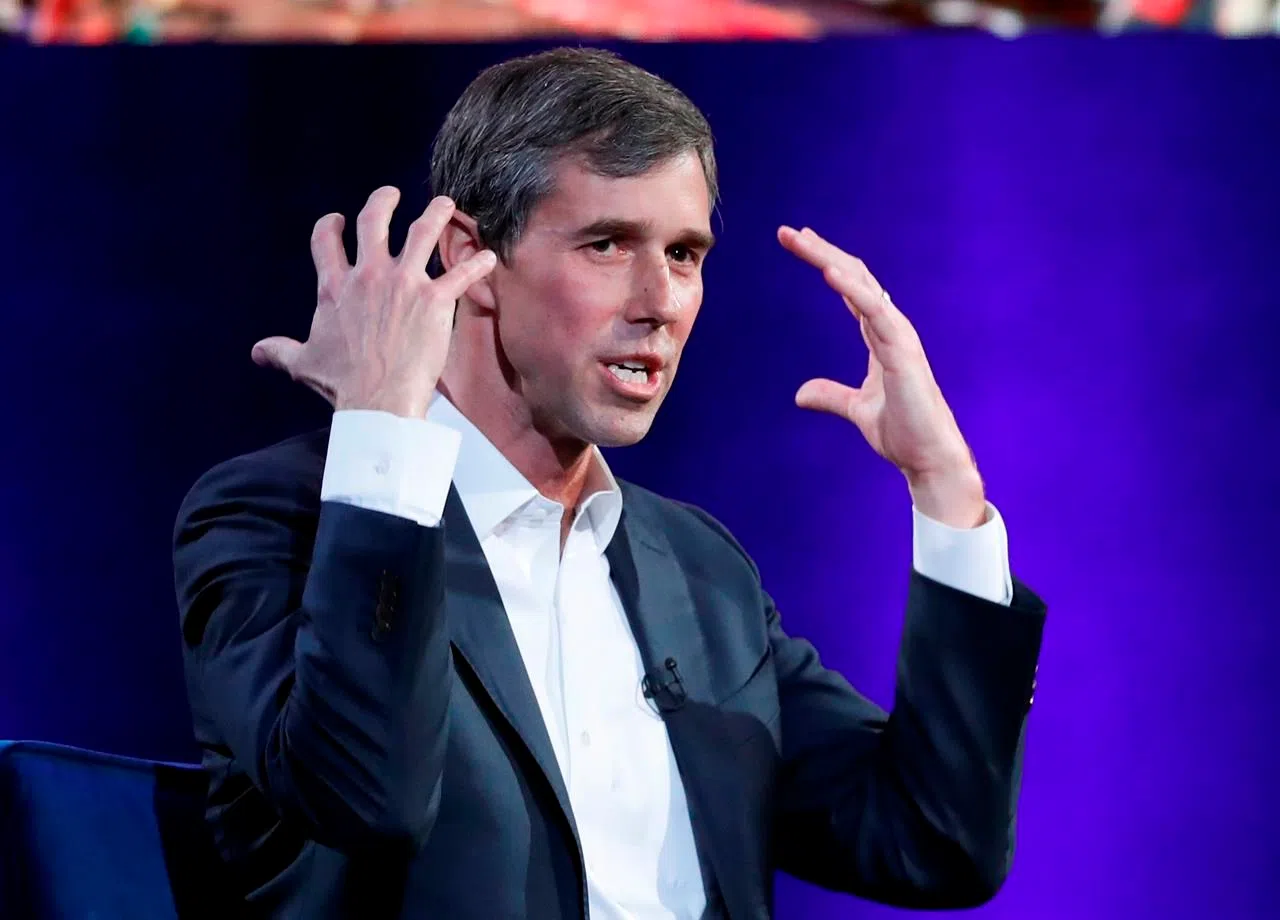
O’Rourke begins 2020 bid with big crowds, centrist message
BURLINGTON, Iowa — Democrat Beto O’Rourke jumped into the 2020 presidential race Thursday, shaking up the already packed field and pledging to win over voters from across the political spectrum as he tries to translate his sudden celebrity into a formidable White House bid.
The former Texas congressman began his campaign by taking his first ever trip to Iowa, the state that kicks off the presidential primary voting. In tiny Burlington, in southeast Iowa, he scaled a counter to be heard during an afternoon stop at a coffee shop.
“Let us not allow our differences to define us as at this moment,” O’Rourke told a whooping crowd, his heels perched at the countertop’s edge. “History calls for us to come together.”
Earlier in the day, O’Rourke popped into a coffee shop in Keokuk while many cable networks aired live coverage. He took questions about his support of federal legalization of marijuana as well as the possibility of a universal basic income, all while characteristically waving his arms and gesticulating fervently.


